Ph.D. in Educational Psychology: Emphasis in Bilingual/ESL Education
The 75-hour doctoral program in Educational Psychology with an emphasis in Bilingual/ESL Education (BESL) prepares graduates for university and leadership positions in the field of education, including consultation and evaluation, teacher training and supervision or coordination of programs.
A combination of coursework, practica, program competencies and the final dissertation ensure a broad breadth and depth of training. Our program is led by trained and experienced faculty in fields such as:
- Bilingual assessment,
- Curriculum development,
- Research methodology,
- Program evaluation,
- Distance teaching formats, and
- Instructional design.
Course Requirements
The degree program includes the following course requirements:
- Bilingual/ESL education core (27 hours)
- Research and evaluation (15 hours)
- Practica and internship (12 hours)
- Specialization/cognate electives (9 hours)
- Dissertation (12 hours minimum)
Program Competencies
Besides seminar-based learning, the doctoral program develops competencies across the following areas through practica:
- College teaching (mentored and supervised)
- Research – planning, executing, writing, presenting and submitting two studies for publication prior to dissertation
- Program assessment evaluation (planning, executing and writing)
- Grant writing (co-writing and submitting)
Admissions
- Applications are currently open and will close on December 1st for fall 2025 admissions.
- Students select committee members and develop a degree plan, which must be submitted for approval.
- Applicants must follow all departmental admission requirements.
Program Details
Degree: Ph.D. in Educational Psychology (EPSY)
Emphasis: Bilingual/ESL Education (BESL)
Degrees Offered: Doctor of Philosophy (Ph.D.)
Credit Hours: minimum 75 hours
Select College of Education and update credit hours.
Core Curriculum
This program is designed with considerable flexibility within the core requirements and areas of specializations outlined. A total of 75 hours of approved coursework, practica, professional internship, independent study, seminars and research credit beyond the master’s degree is required.
Alternative courses or proficiency may be substituted with committee approval for the five required components listed below.
Ph.D. Curriculum
Bilingual/ESL Education Core – 27 Hours
| BESL 610 | Bilingual Assessment & Monitoring Students | 3 |
| BESL 611 | Dual Language Program Methodologies | 3 |
| BESL 612 | Content Area Instruction for Bilingual Programs | 3 |
| BESL 613 | Spanish/English Biliteracy | 3 |
| BESL 614 | Bilingual Education Curriculum Development | 3 |
| BESL 616 | Spanish for Bilingual and Dual Language Classrooms | 3 |
| BESL 619 | Second Language Acquisition in Pre-K-12; Advanced Theory and Practice | 3 |
| BESL 620 | Current Issues in Bilingual Education | 3 |
| BESL 632 | Research in Second Language Education | 3 |
Research and Evaluation – 15 Hours
| BESL 615 | Teacher Action Research | 3 |
| BESL 617 | Evaluation of Programs with Bilingual and Language Minority Students K-12 | 3 |
| EPSY 640 | Statistical Analysis in Educational Research I (Prerequisite: EPSY 636) | 3 |
| EPSY 641 | Statistical Analysis in Educational Research II (Prerequisite: EPSY 640) | 3 |
Select one from the following (please consult with your committee chair) |
||
| EPSY 633 | Qualitative Research Design and Data Collection | 3 |
| EPSY 637 | Qualitative Grounded Theory Methodologies | 3 |
| EPSY 642 | Meta-Analysis of Behavioral Research | 3 |
| EPSY 643
EPSY 650 |
Applied Multivariate Methods
Multiple Regression and Other Linear Models in Education Research |
3
3 |
| EPSY 656 | Survey Instrument Development | 3 |
Practica and Directed Studies- 12 Hours
| BESL 683 | Field Practicum Bilingual Research | 3 | ||
| BESL 683 | Field Practicum in Grant Writing | 3 | ||
| BESL 683 | Field Practicum in College Teaching/Supervision | 3 | ||
| BESL 685 | Directed Studies | 3 | ||
Electives – 9 Hours
The following are sample courses (please consult with your committee chair)
| EDTC 608 | Foundations of Distance Learning | 3 |
| EDTC 613 | Integrating Technology in Learning Environments | 3 |
| EPSY 602 | Educational Psychology | 3 |
| EPSY 625 | Advanced Psychometric Theory | 3 |
| EPSY 651 | Theory of Structural Equation Modeling | 3 |
| EPSY 652 | Theory of Hierarchical Linear Modeling | 3 |
| EPSY 654 | Longitudinal Data Analysis | 3 |
| EPSY 655 | Item Response Theory | 3 |
| SPED 618 | Induction to Professoriate Development in Higher Education | 3 |
| SPED 620 | Bilingual Special Education | 3 |
| SPED 630 | Reading for At-Risk and Disabled Learners | 3 |
| RDNG 620 | Literacy and Language | 3 |
Dissertation – 12 Hours Minimum
Dissertation credit hours are taken under BESL 691.
Any other coursework requires permission from the student’s committee.
75 hours beyond a master’s degree; 96 hours beyond a bachelor’s degree (with an optional master’s degree)
Contact

Faculty
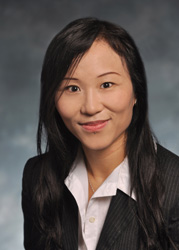

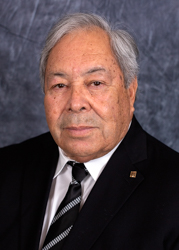


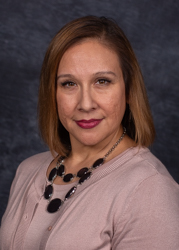
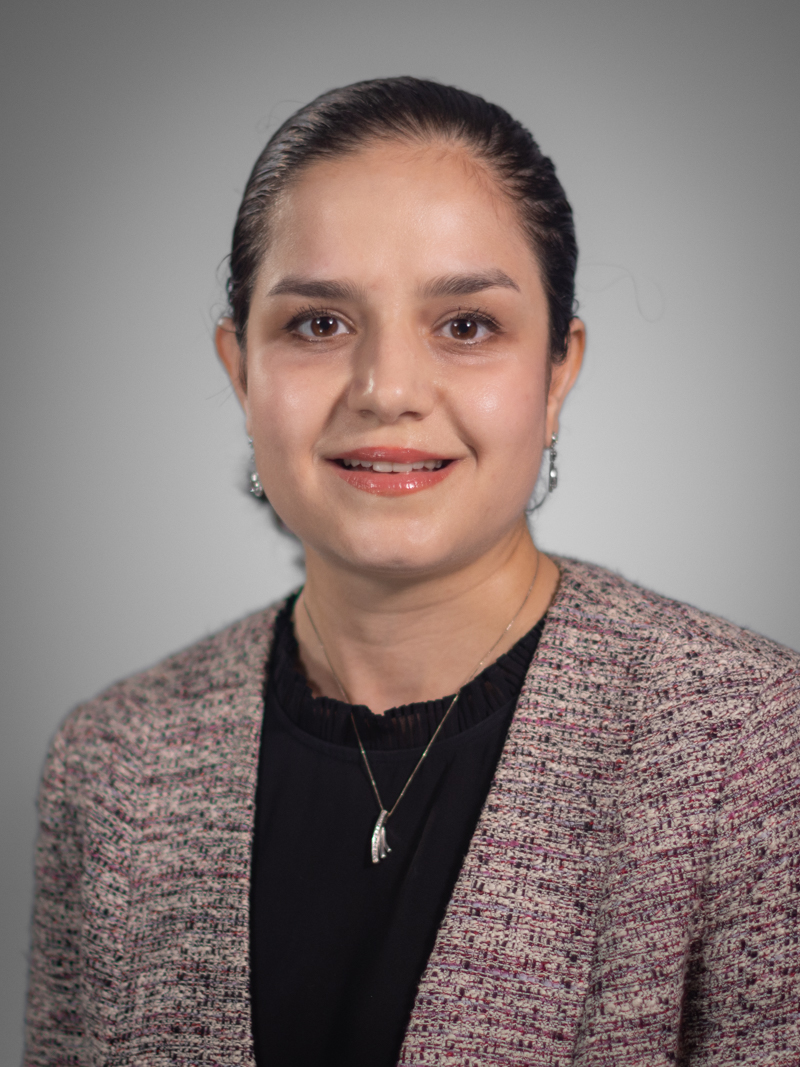
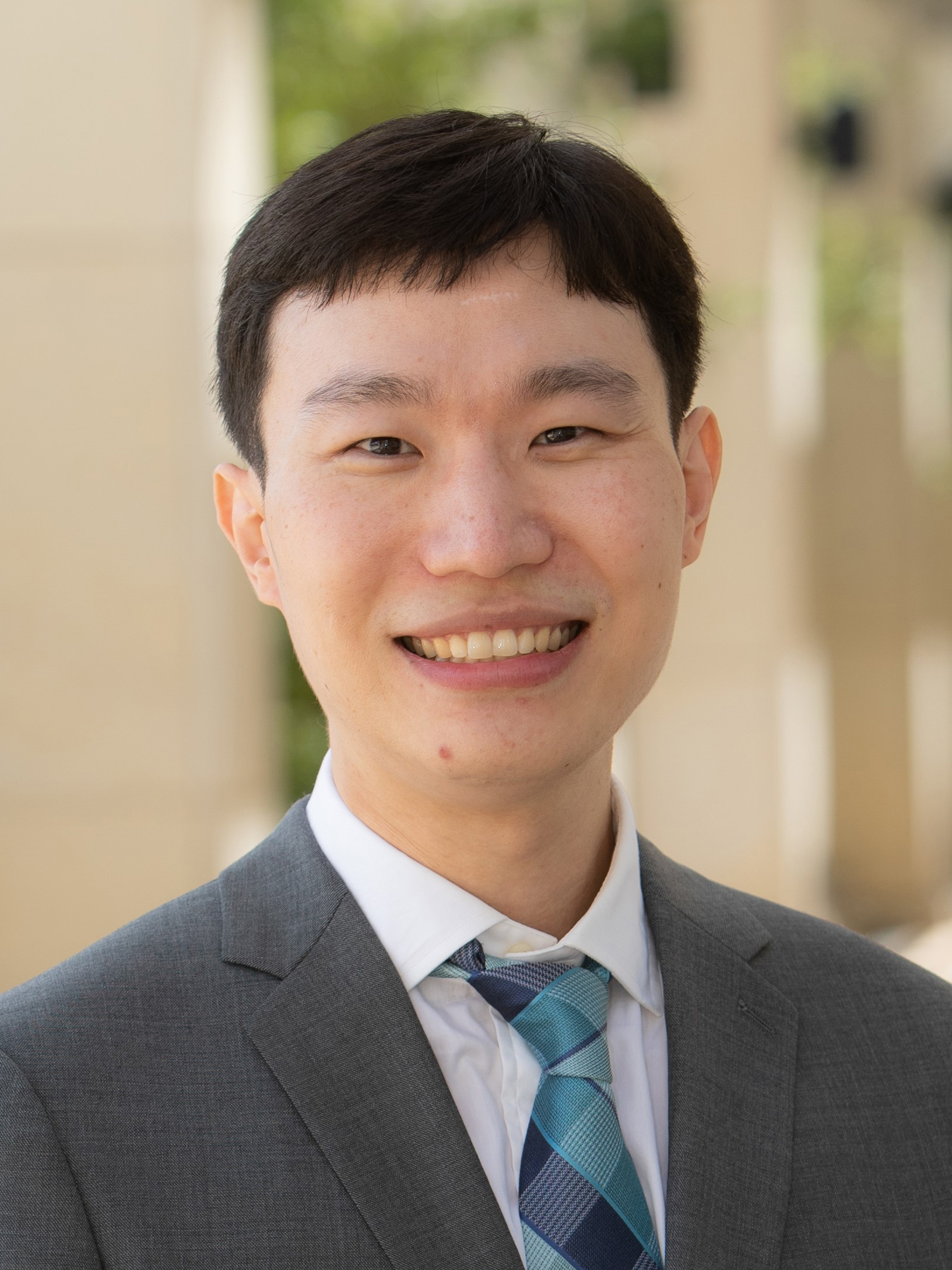
Frequently Asked Questions
Doctoral
List of Bachelor Degree Equivalencies
Please view a brief List of Bachelor Degree Equivalencies by Country. If you do not find your country listed and are unsure of your degree equivalency, please contact the Office of Admissions at admissions@tamu.edu.
Statement of Purpose Essay
All applicants must complete the Essay, Statement of Purpose and explain the following:
-
- Why you applied to this program
- Academic background and training
- Potential for graduate study
- Research experience
- Other relevant professional experiences
-
I want/need a Graduate Assistantship/Fellowship – how do I apply?
Please note that we cannot guarantee any financial assistance to any student. We will contact all admitted students about the process for applying for all available assistantships. This is a separate process from applying for admission. The department and programs will choose students to be nominated for Graduate Diversity or Graduate Merit fellowships. These fellowships are only open to U.S. citizens. Please do not ask to be nominated for one of these fellowships as the program will determine which students are competitive for these awards.
How do I submit my letters of Recommendation?
The GraduateCAS online application includes a Recommendations section where you must add your recommenders’ information. Once you have saved the recommendation requests, GraduateCAS will contact each recommender via email to request the completion of the recommendation form and letter of recommendation. We require three letters of recommendations and they must be submitted directly by recommenders through the electronic system.
Is there an admissions cycle for Spring semester?
No. For our Ph.D. programs we only have admissions in fall semesters.
What are the typical program costs?
Check out the cost of attendance estimator.
Please note, you must update the program hours.
For a better understanding of your total cost of attendance (COA), please visit our cost and tuition rates webpage (https://aggie.tamu.edu/billing-and-payments/cost-and-tuition-rates). This webpage will provide you with an opportunity to review estimated COA information for undergraduate, graduate and professional students, as well as other resources such as the tuition calculator and billing and fee explanations.
Can you guide me through the application process?
How to Apply: Master’s Application Information | Doctoral Application Information
I live out of state. Do you accept out-of-state applicants?
Yes, we accept in-state and out-of-state applicants.
Is there any opportunity for financial assistance?
Yes, there are opportunities for financial assistance through the following departments: Office of Graduate Studies Financial Aid
Request Information
Tuition & Fees
For a better understanding of your total cost of attendance (COA), please visit our cost and tuition rates webpage (https://aggie.tamu.edu/billing-and-payments/cost-and-
tuition-rates). This webpage will provide you with an opportunity to review estimated COA information for undergraduate, graduate and professional students, as well as other resources such as the tuition calculator and billing and fee explanations.






